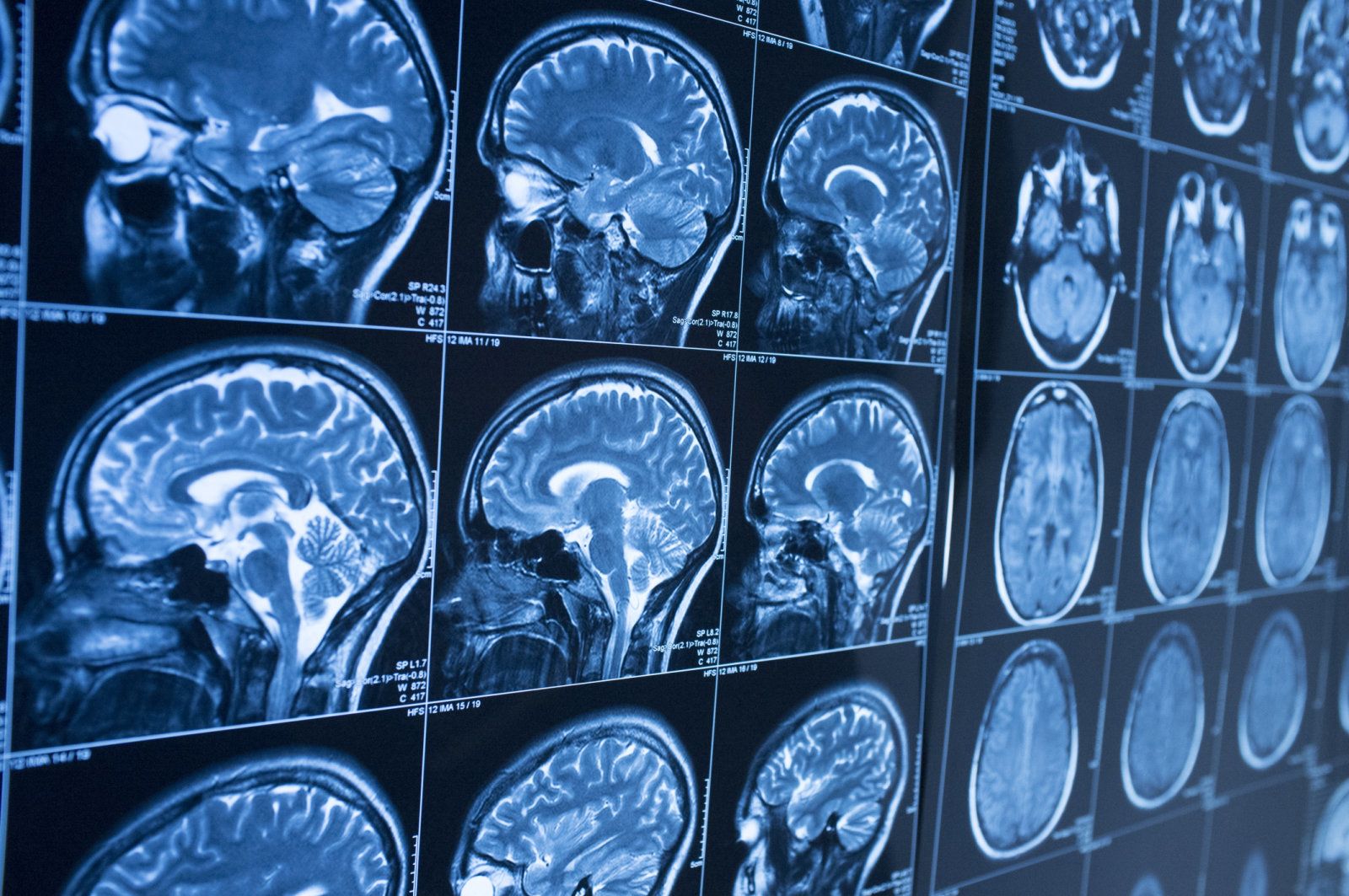
On September 19, Netease Smart News reported that scientists around the world are working hard to find ways to detect Alzheimer’s at its earliest stages. Early identification is crucial because it allows patients to access treatments that can slow the progression of the disease and gives them time to manage legal and financial matters. While some researchers focus on blood tests or cerebrospinal fluid analysis, others are exploring new technologies to spot early signs. However, a team from the University of Bari in Italy believes that artificial intelligence could be the key to early detection.
The researchers developed an AI algorithm capable of identifying subtle structural changes in the brain caused by Alzheimer’s up to a decade before symptoms appear. They trained the model using 67 MRI scans—38 from Alzheimer’s patients and 29 from healthy individuals. The system analyzed small regions of the brain, focusing on neural connections. After training, the algorithm was tested on 148 participants, including 48 with Alzheimer’s and 48 with mild cognitive impairment, who later progressed to full-blown Alzheimer’s.
The AI achieved an 86% accuracy rate in diagnosing Alzheimer’s and an 84% success rate in detecting mild cognitive impairment, making it a powerful tool for early diagnosis. However, the data used in the study came exclusively from the Alzheimer’s Neuroimaging Initiative database at the University of Southern California. While this limitation exists, the researchers believe that as more data becomes available and the technology improves, AI could eventually become a reliable, non-invasive method for early Alzheimer’s detection.
This breakthrough highlights the growing role of AI in healthcare and opens the door to more efficient and accurate diagnostic tools. As research continues, we may soon see AI playing a central role in the fight against neurodegenerative diseases.
Follow the Netease Smart News official account (smartman163) for the latest updates on AI developments and cutting-edge tech news.
Solar Charge Controllers manage voltage and current from solar panels to batteries, preventing overcharging and optimizing Battery life for reliable energy storage.
Usage:
Solar charge controllers are used in off-grid solar power systems, such as solar street lights, solar water pumps, RVs, boats, and remote cabins. They are also used in grid-tied solar power systems with battery backup to manage the flow of electricity between the solar panels, battery, and grid.
Working principle:
Solar charge controllers work by monitoring the voltage and current from the solar panels and adjusting the charging parameters to maintain the battery at the optimal voltage level. When the battery is fully charged, the charge controller will reduce the charging current to prevent overcharging. Similarly, when the battery is low, the charge controller will increase the charging current to ensure the battery is properly charged.
Purpose:
The main purpose of a solar charge controller is to protect the battery from overcharging and discharging, which can reduce its lifespan and performance. By regulating the flow of electricity from the solar panels to the battery, the charge controller ensures that the battery is charged efficiently and safely. Additionally, solar charge controllers can also provide information on the performance of the solar power system, such as the amount of energy generated and stored in the battery.
solar controller mppt,solar charge controller,mppt solar charge controller,MPPT controller
Bosin Power Limited , https://www.bosinsolar.com